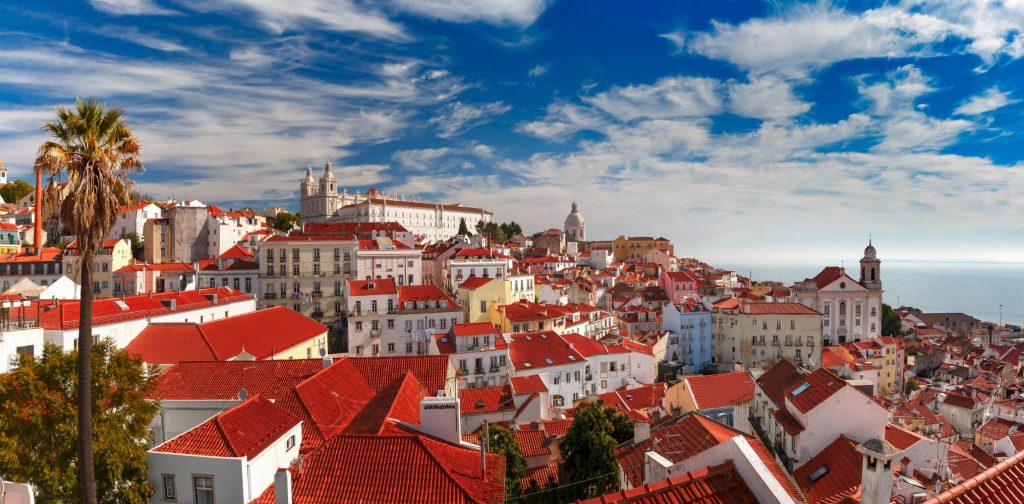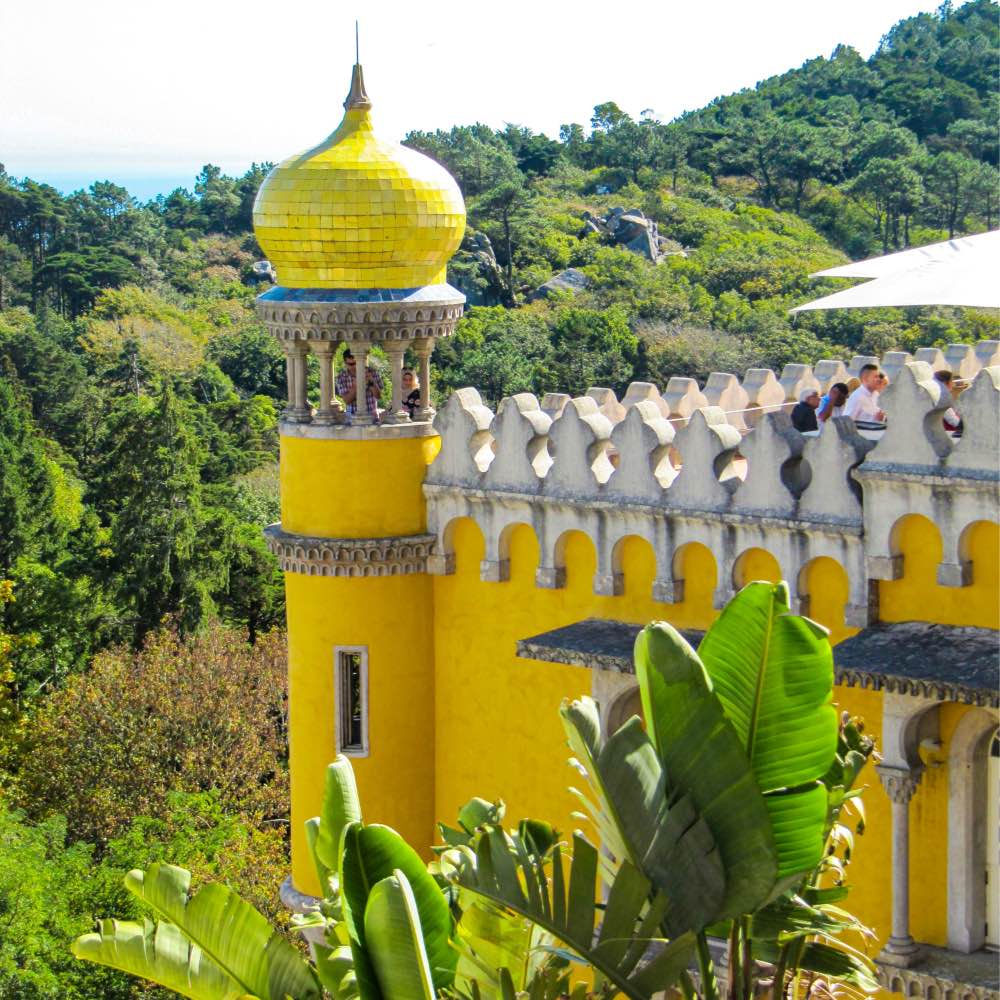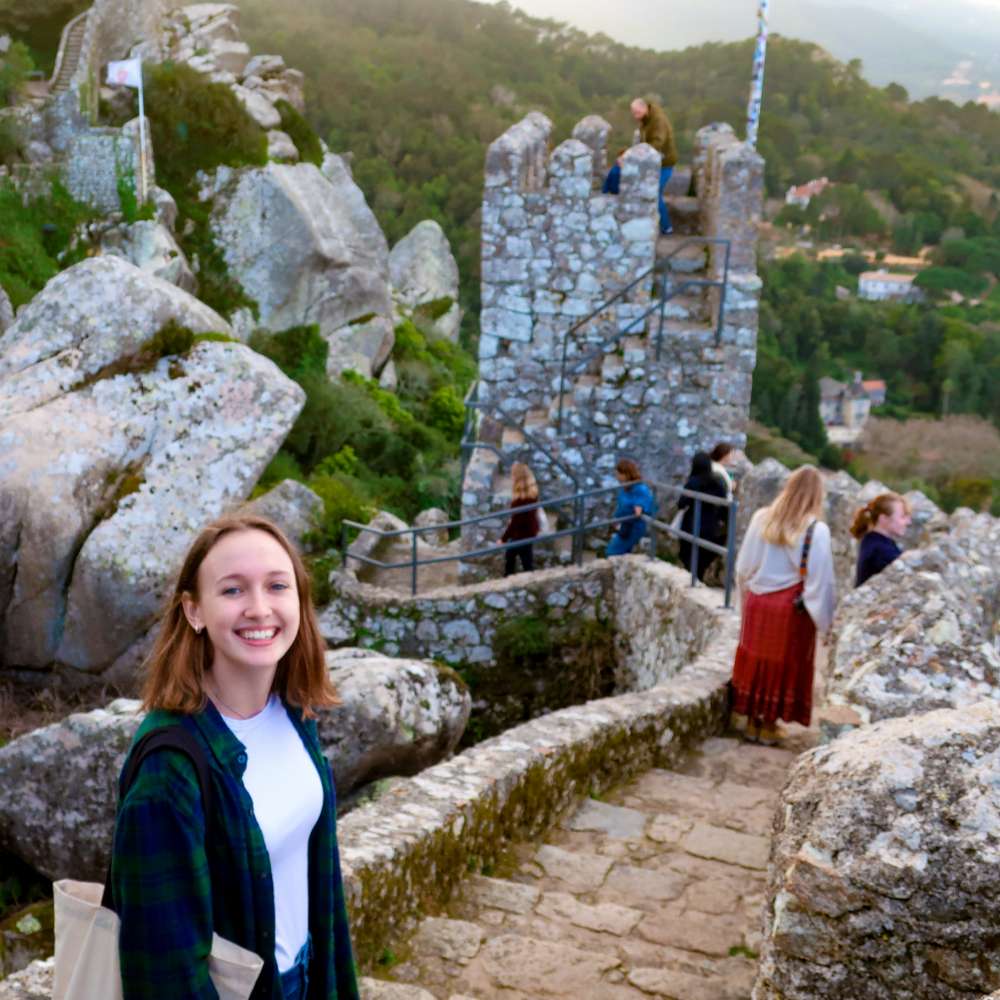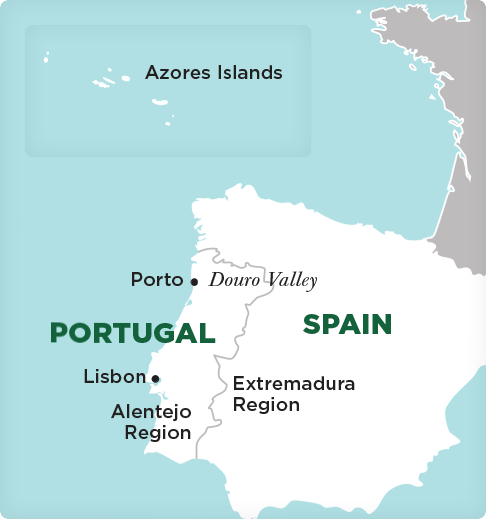Overview
Why study sustainability in Portugal?
Live in the European Green Capital for 2020: Lisbon, a city addressing carbon emissions and the impact of mass tourism through renewable energy technologies and social projects. Here, you’ll discover how Portugal’s approach to sustainability and social equity challenges the core principles of economic orthodoxy. You will gain firsthand experience learning about food waste and environmental education by volunteering with NGO´s such as Refood, Movimento ALP, and Banco de Bens Doados. On excursions to the Azores Islands, the coastal city Porto, and Spain’s stunning Extremadura region, you’ll compare conservation projects, sustainable agriculture production, resource management, and environmental good practice.
Highlights
- Live in Lisbon, a city that blends traditional heritage with high-tech innovation and progressive thinking.
- Learn how policymakers are mapping alternative designs in green policies.
- Travel to Porto, Douro, the Azores, Alentejo, and Spain’s Extremadura region.
- Learn about Portugal's national fire plan to reduce forest fires.
- Enjoy outdoor activities such as hiking, exploring natural parks, and visiting ecological sites.
Prerequisites
Previous college-level coursework or background in sustainability, environmental studies, economics, natural resources, health, environmental policy, sociology or other related fields, as assessed by SIT.
Earn a Minor
Students studying on this SIT semester-length program can choose to simultaneously complete a minor, with no additional coursework or cost. At SIT, a minor is a minimum of 16 credits taken within a content area. This standout credential can help boost your future job or graduate school applications.
SIT's program in Portugal offers the choice to do a minor in global environmental studies or global sustainability studies. Through hands-on training in environmental assessment, bioeconomy research, and renewable energy technologies within the context of a just energy transition, you’ll explore different approaches to sustainability and environmental justice across mainland Portugal, the Azores Islands, and Spain’s Extremadura region.






















